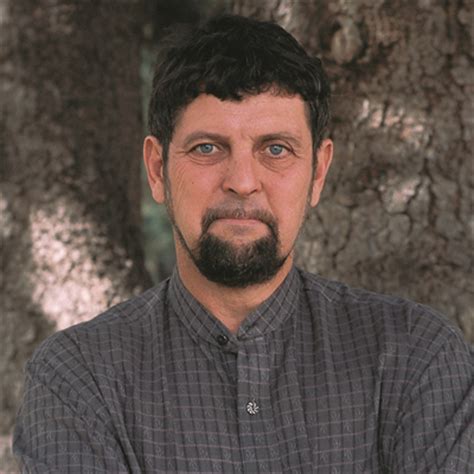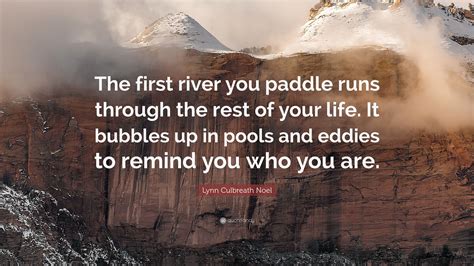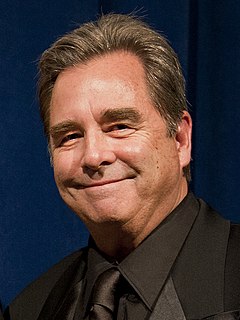A Quote by Mary Pipher
When Europeans arrived on this continent, they blew it with the Native Americans. They plowed over them, taking as much as they could of their land and valuables, and respecting almost nothing about the native cultures. They lost the wisdom of the indigenous peoples-wisdom about the land and connectedness to the great web of life...We have another chance with all these refugees. People come here penniless but not cultureless. They bring us gifts. We can synthesize the best of our traditions with the best of theirs. We can teach and learn from each other to produce a better America.
Quote Topics
About
Almost
America
Another
Another Chance
Arrived
Best
Better
Blew
Bring
Chance
Come
Connectedness
Continent
Could
Cultures
Each
Europeans
Gifts
Great
Indigenous
Indigenous People
Land
Learn
Life
Lost
Much
Native
Native America
Native American
Native Americans
Nothing
Other
Our
Over
People
Produce
Refugees
Respecting
Taking
Teach
Them
Traditions
Us
Web
Web Of Life
Wisdom
Related Quotes
Though many non-Native Americans have learned very little about us, over time we have had to learn everything about them. We watch their films, read their literature, worship in their churches, and attend their schools. Every third-grade student in the United States is presented with the concept of Europeans discovering America as a "New World" with fertile soil, abundant gifts of nature, and glorious mountains and rivers. Only the most enlightened teachers will explain that this world certainly wasn't new to the millions of indigenous people who already lived here when Columbus arrived.
There is something in this native land business and you cannot get away from it, in peace time you do not seem to notice it much particularly when you live in foreign parts but when there is a war and you are all alone and completely cut off from knowing about your country well then there it is, your native land is your native land, it certainly is.
The occupation of America (and Columbus's arrival quite clearly was an occupation, no one can deny that) meant that the entire history of the Native Americans was rendered invisible. The land could only be occupied if it was first defined as empty. So it was defined as a wilderness, even though it had been used by native people for millennia.
Puerto Ricans are Americans. We've been American citizens since 1917. We fought the same battles, made the same sacrifices. We've lost our land in the same way that Native Americans lost their land, and we've been the subject of discrimination and racism in the same way that African Americans have. We've suffered the full spectrum of oppression, and yet we've been off the map 4,000 miles away so we haven't even been able to argue our case.
In the present, the way benevolence is expressed is in conceptualizing the Native as a historical relic; US people have to be constantly reminded that there are still existent Indigenous peoples and communities in North America, but whether left or right, recent immigrant or descendants of settlers, even descendants of enslaved Africans, the Native presence is not a consideration in the day to day life of individuals and municipal, state and national governments.
To say that certainly America was very lucky to get a large amount of land, and the native Indians were extremely unlucky to have white men coming over here, is one thing. But to say that the whole of the American prosperity was based on exploiting the indigenous population would be a great mistake.
The greatest moments of Native History lie ahead of us if a great spiritual renewal and wakening should take place. The Native American has been a sleeping giant. He is awakening. The original Americans could become the evangelists who will help win America for Christ! Remember these forgotten people!





































